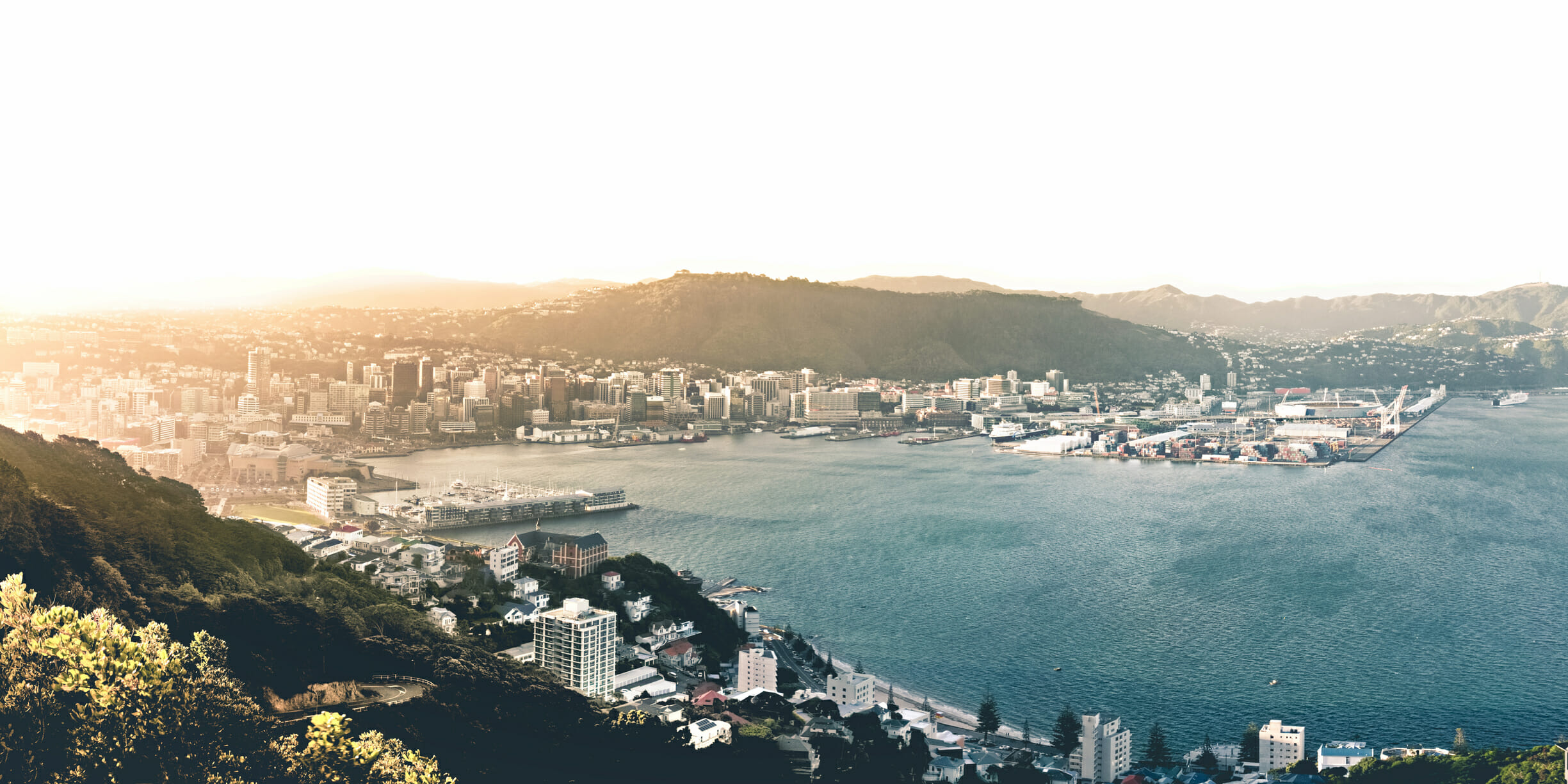
Oceania
Oceania, a geographic region comprised of thousands of islands, dozens of island states, and the Australian continent, experiences unique criminal justice challenges.
Crime and Criminal Justice in Oceania
The region of Oceania includes Australia, New Zealand, Fiji, Micronesia, Papua New Guinea, Tonga, Palau, Guam, Norfolk Island and many other island nations. It is difficult to determine exact crime statistics because the island nations are isolated from data collection agencies and developed countries. Though the Transnational Crime Coordination Center (PTCCC) and the Australian Federal Police deal with crime, the availability of information on crime throughout the region remains variable and conclusions speculatory.
Criminal justice in Oceania is also unique from that of the rest of the world. The islands’ geographical isolation also accounts for social and cultural differences, which contribute to the differences in governance, laws, law enforcement, and criminal justice structures between nations.
Crime in Oceania
Though tracking exact crime statistics can be difficult, issues and events can be assessed to determine criminal networks and transnational crime evidence. The potential and actual types of crime are assessed against the backgrounds of the islands’ geographical and social-economic characteristics.
In general, the islands are weak economically, leading to poor infrastructure and corrupt governments with limited law enforcement capabilities. This is an appealing environment for international crime networks, making the islands vulnerable to illegal trafficking, money laundering and electronic crime.
The physical characteristics of the islands, along with the corruption, invite illicit wildlife trafficking.
In summary, crime activities include:
- Illegal drug manufacturing and transshipment,
- Money laundering, through off-shore financial institutions,
- Illegal trade in endangered species,
- Identity and electronic crime and
- Small arms trafficking
Headway has been made, reportedly, in reducing money laundering through bank closures, but real progress along those lines remains debatable.
Criminal Justice in Oceania
The United Nations Office on Drugs and Crime released a report closely examining the transnational crimes of drug trafficking, human trafficking, environmental crime and small arms trafficking. The UN report noted that the unique challenges in addressing these criminal activities come from factors such as:
- The geographical location of island territories and nations (difficult to monitor),
- Extensive and porous jurisdictional boundaries,
- A significant difference in governance, laws, law enforcement, and criminal justice structure, from one nation to the next and
- A huge variety in approaches to criminal justice and penalties in Oceania.
The peoples of Oceania face the challenges presented by the considerable differences in punishments meted out for crimes committed. The individual criminal justice systems of this region are quite varied and complex, one island territory to the next, but sentences for crimes committed are also quite varied. Some regions still follow criminal justice protocols from their former colonial powers; others have implemented indigenous justice approaches. Therefore, governments must coordinate to establish fair and humane criminal justice systems throughout the region.
Criminal Justice Reform in Oceania
The abolishment of capital punishment has been a victory for criminal justice reform in Oceania. Following a global movement to move away from capital punishment as a penalty for a crime, all-island territories and nations in Oceania have abolished the death penalty. However, overall, reform is still desperately needed.
Oceania faces significant challenges in structuring its criminal justice programs in a fair, humane, ethical and compassionate way to both victims and perpetrators.
Quoting Andrzej Borowski’s report in the journal World Scientific News, “The functioning of the independent countries of Oceania is a constant struggle with the heritage of colonial era, contemporary economic conditions and the increasing influence of geopolitics and attempts to dominate by culture of the Western world (Westernisation).”
On a case-by-case basis, it seems that westernization and difficulties in development due to a lasting effect of colonization prevent several Oceanic countries from moving forward with culturally appropriate criminal justice. Again quoting Borowski, “Tensions between the domestic norms and practices and the expectations of the increasingly pressing Western model of society led to crises. In two island states (Fiji and the Solomon Islands), there were political or military upheavals. In these two countries, indigenous people proposed reforms to the cultural and legal models inherited from the colonial period. Despite this, the influence of the so-called Westernisation of the indigenous elites is still significant.”
In the long run, lasting improvements in law enforcement and criminal justice in Oceania must be accompanied by improvements in social and economic conditions.
However, these nations are making progress in reducing harsh criminal sentences for low-level offenses, improving prison conditions, reducing recidivism rates, and eliminating corruption within criminal justice institutions. And looking to the future, Oceanic island states will likely continue on the path to reform colonial-era criminal justice practices.




